
All News

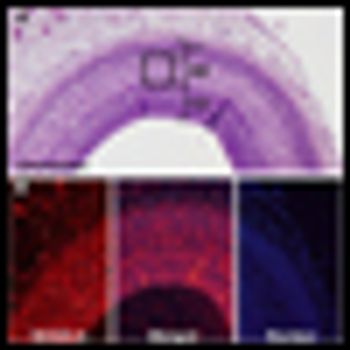
A basic science lab studying cell mobility pathways in mammalian development at the Fred Hutchinson Cancer Research Center has elucidated a mechanism by which cells migrate within the developing mammalian brain that adds to the current knowledge on the way other cell types travel within the body: The research may be relevant to understanding how cancer cells metastasize.

Many doctors are currently struggling with how to use Avastin to treat their breast cancer patients after the recent FDA ruling. If you are currently using Avastin to treat breast cancer patients, please share your thoughts on treatment options and combinations here.

Nancy E. Davidson I began practice as a medical oncologist in 1986, and like the journal ONCOLOGY, I am celebrating my 25th year in the field. Much has changed over the past two and a half decades, although the primary goal of optimizing care for the individual patient while ... Read More

Denosumab is an IgG2 monoclonal antibody that inhibits osteoclastic bone resorption (breakdown) via inhibition of RANKL (receptor activator of nuclear factor-kB ligand).

Accountable care organizations (ACOs) are legal entities that are responsible for the cost, quality, and care of a population of patients. ACOs are part of the Shared Savings Program of Medicare under the Affordable Care Act.

From the current literature

The recent Centers for Disease Control and Prevention (CDC) report carrying good news about cancer survivorship is an urgent “heads up” for all of us in cancer care. The report states that between the years 1971 and 2001, the number of cancer survivors increased by more than three-fold (from 3 million to nearly 10 million).

Multiple myeloma (myeloma) is a highly treatable disease, but it remains incurable in the majority of cases. It is a heterogeneous disease with variability in its clinical presentation, treatment options, and prognosis.

Ginseng is an herb from the genus Panax of the Araliaceae family that is an important part of traditional Chinese medicine (TCM). It is termed an “adaptogen,” as it is believed to have properties that help to restore balance to the body and protect the body from physiologic stress.

English and Spanish PDFs

Register to be able to access the wonderful content on this site. Your FREE registration entitles you to a, b, c and helps earn a donation to Doctors without Borders.

“Comparative effectiveness research, ” or CER, has become a loaded term in our ongoing wrangling over healthcare policy. Often, however, what even knowledgeable people understand by CER is significantly at odds with what actual policy makers have in mind.

Kava is a plant indigenous to the Pacific Rim and the Hawaiian Islands whose root and rhizome are used to prepare a non-fermented beverage with relaxant effects that is used for social and recreational purposes.

CancerNetwork and the journal ONCOLOGY present exclusive hematology coverage from the annual meeting of the American Society of Clinical Oncology (ASCO). Follow the stories below and check back for more write-ups of the most important information to come out of this year's event.
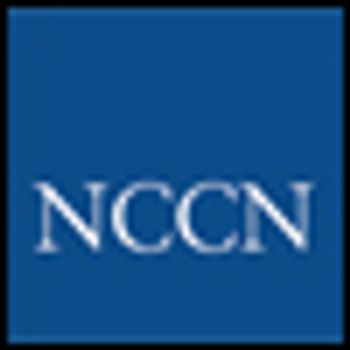
The question of whether men with low-risk prostate cancer should have their cancers vigilantly monitored is an ongoing issue for the National Comprehensive Cancer Network (NCCN) Panel on prostate cancer.


A long-term and large-scale retrospective study of cancer patients who have undergone radiotherapy show that only a small portion of secondary cancers develop due to radiotherapy treatments.
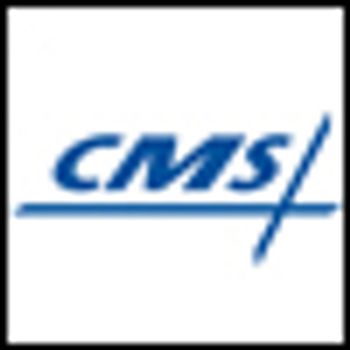
Donald M. Berwick, the Director of Centers for Medicare and Medicaid Services (CMS) of the Health and Human Services Department as of March 2010, has written a perspective on the accountable care organizations (ACOs) of the Medicare Shares Savings Program.

An ethnographic study of palliative care specialists reveals that many of them find dealing with dying patients a gratifying experience. The scant evidence about oncologists on this subject paints a much different picture.

Speaking at the ACCC last Friday, Sean Tunis, founder and director of the Center for Medical Technology Policy, gave a basic primer on what he sees as the primary goal of comparative effectiveness research.
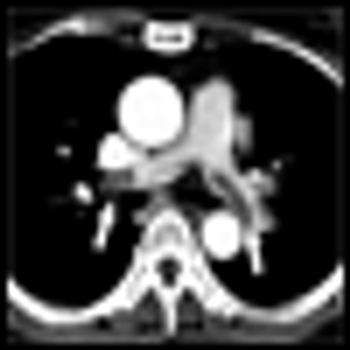
The Journal of Clinical Oncology published a paper ahead of print on March 21, 2011 that shows no increased risk of venous thromboembolisms (VTEs) when bevacizumab was added to chemotherapy compared to chemotherapy alone.

The National Comprehensive Cancer Network presented the first treatment algorithm for post-transplant lymphoproliferative disorder (PTLD) at the 16th annual NCCN's Conference on Clinical Practice Guidelines and Quality.

At the Association for Community Cancer Centers annual national meeting in Washington, DC this past March, the session on “Oncology Care in 2021” featured three panelists with significant experience in shaping healthcare policy.

The US Food and Drug Administration (FDA) on March 25 approved ipilimumab (Yervoy, Bristol-Myers Squibb) as immunotherapy for patients with late-stage melanoma, based studies showing it improved survival outcomes in these difficult-to-treat patients.

The Oncology Group of UBM Medica, publisher of ONCOLOGY, ONCOLOGY Nurse Edition, and Oncology NEWS International, and the website, cancernetwork.com, is pleased to present Cancer Management: A Multidisciplinary Approach, 13th edition.
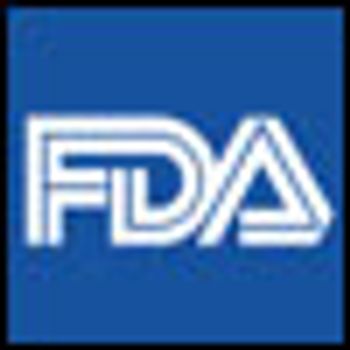
As we learn more about the network of cellular pathways that function in the proliferation of cancer cells, it is becoming abundantly clear that there is no “magic bullet” cancer treatment. Janet Woodcock highlights the goals and current developments at the FDA to progress the combination clinical trial process
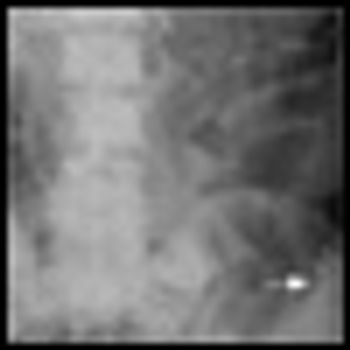
The American Society of Clinical Oncology (ASCO) updated its recommendation last month on the role of bone-modifying agents in the prevention of skeletal-related events (SREs) for metastatic breast cancer patients with bone metastases.


In North America, hepatocellular carcinoma (HCC) is one of only a few malignancies with an increasing incidence in recent years.[1]
